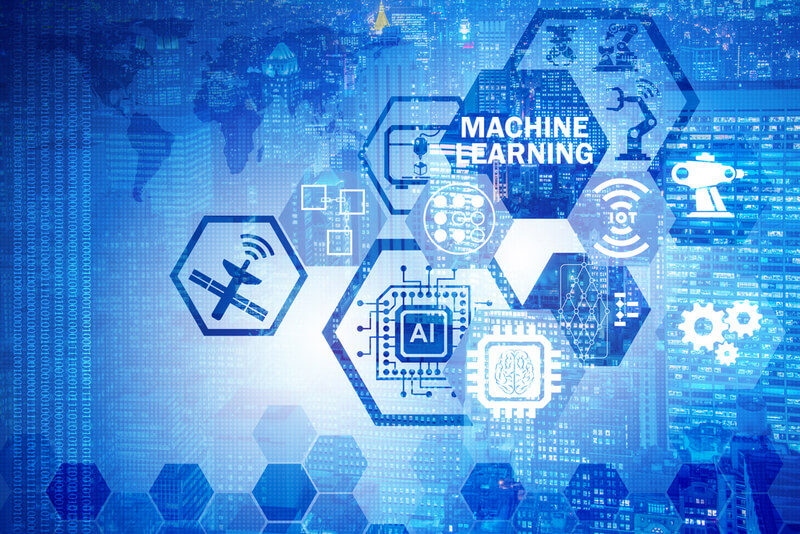



Get new exclusive access to healthcare business reports & breaking news




Several years ago, Steve Reilly took his daughter, Kate to an emergency room, where her condition was misdiagnosed. It was a scary experience for Reilly, but thankfully, his daughter is OK.
Going through that experience inspired Reilly and his brother Christian Reilly to build “Mednition to harness the power of natural language and machine learning technologies” in 2014. Mednition was built to help clinicians make better, more informed decisions at the point of care.
Now Mednition, makers of machine learning-powered solutions for healthcare, have closed a $10 million Series A round of funding, with the financing to be used to expand the company’s customer care team.
Concord Health Partners led the financing round. In addition, Concord used money from its American Hospital Association Innovation Fund for the financing. Others that participated in the financing round include existing investor, Wildcat Capital Management, LLC and the family office of David Bonderman, co-founding partner of TPG Capital.
Mednition Chief Executive Officer, Steven Reilly, said: “We’re transforming how clinical decisions are made in real-time. Having Concord Health Partners demonstrate their confidence in us, by leading this financing, validates our company’s strategy, team, and technology.”
James Olsen, Founder and Managing Partner of Concord Health Partners, said they were focused on identifying and supporting healthcare companies with innovative solutions that lower costs, improve safety, and expand access to quality healthcare.
“Mednition hits our criteria and is already using machine learning to advance healthcare where it’s most critical, at the point of care with emergency department clinicians and patients,” Olsen said.
The Series A funding round comes as Mednition is further scaling the commercial deployment of KATE, its flagship machine learning solution, which is now in use at Adventist Health White Memorial (AHWM) in Los Angeles.
KATE, named after Reilly’s daughter, alerts triage nurses to anomalies in care that merit a second look.
“Powered by the Mednition Clinical Data Engine, KATE combines clinical expertise and learnings informed by more than 10 billion data points to predict the acuity of emergency department patients. KATE complements existing workflows, screens, and documentation,” Mednition’s website says.
KATE, which has been in development since 2016, had its public debut at Emergency Nursing 2019, the primary industry conference dedicated to emergency nursing. The conference was held between September 29 and October 2.
In 2016, Mednition partnered with AHWM to research machine learning in support of clinical decision making. A statement said KATE was deployed in December 2018 when the study results showed the potential to improve triage accuracy by 26.9 percent for every patient presenting at their emergency department and up to 93.2 percent for high acuity patients.
Mednition said more than 70 emergency nurses at AHWM have been collaborating with KATE on triage acuity assignments serving an average of 160 patients per day.
This real-time machine learning solution is easy to use, integrating seamlessly with all popular electronic health record (EHR) systems and existing triage processes. Triage nurses are regularly adding their expertise to KATE’s dataset of more than 10 billion de-identified patient clinical data points, making the system continually smarter, the statement said.
“We have first-hand evidence that machine learning is improving healthcare delivery and saving lives. Using KATE, we have documented increased clinical accuracy, patient safety, and operational efficiency, while using the same processes and existing EHR systems. Our nurses see KATE as a critical new machine learning-powered tool, like an expert advisor who increases their accuracy, ensures patients received the right care at the right time and helps calm the chaos frequently associated with triage,” Mara Bryant, Operations Executive at Adventist Health White Memorial, said.
In a separate statement, Mednition said that through the use of KATE, AWHM had been able to identify high-risk patients, with 500 high-risk patients avoiding the emergency room. The technology had also helped increase timeliness of care, with 250 patients redirected to fast track.
“We’ve evolved the collaboration between Mednition and our emergency department from the initial study looking at triage assessment, to improving emergency clinicians’ ability to perform triage, to now showing outstanding outcomes and the impact on patients with objective data when triage is assigned more accurately at the beginning of a patient’s visit,” Bryant said.
Machine learning is regarded as a massive gamechanger in the health sector, with its adoption growing exponentially. You can read our comprehensive report on artificial intelligence in healthcare here.